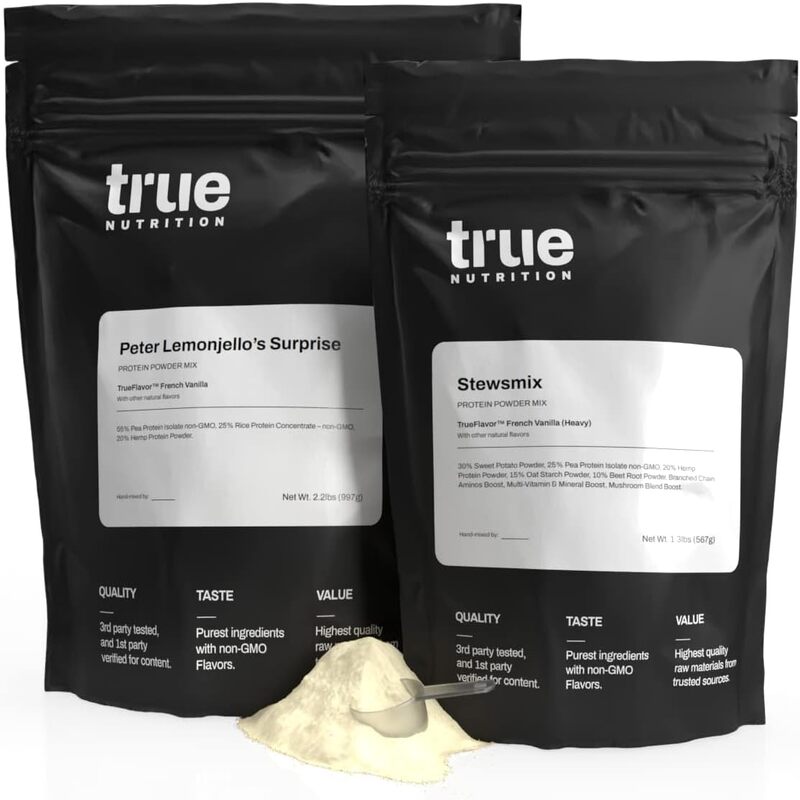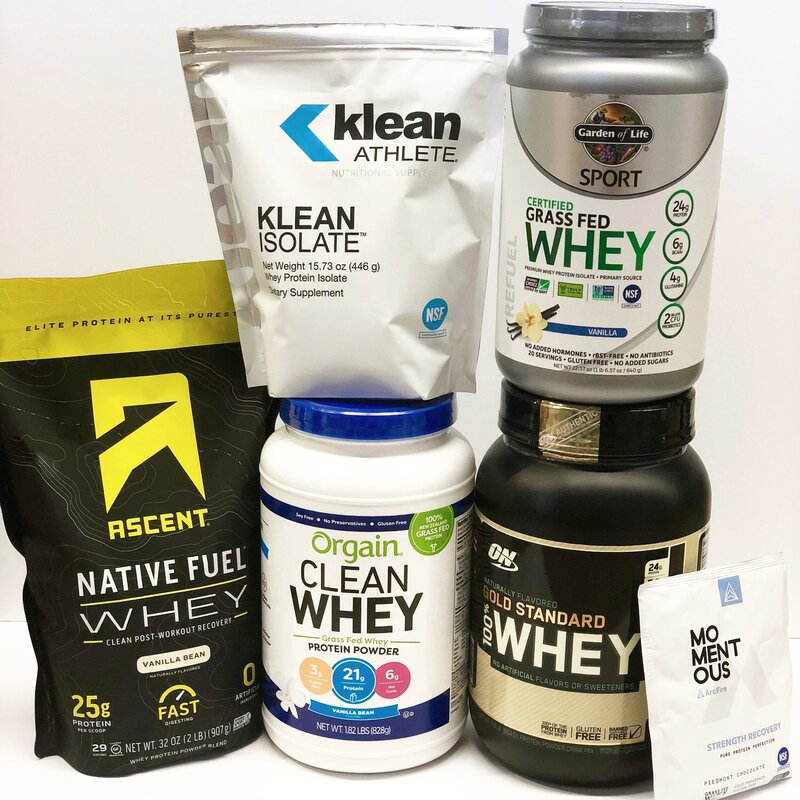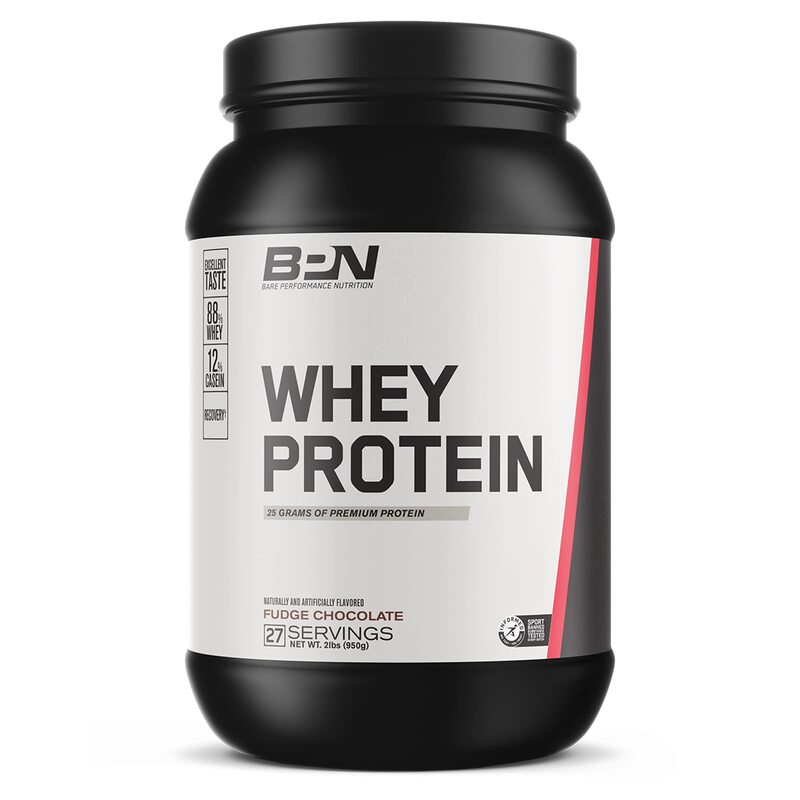Introduction to Protein Powder and Kidney Health
When it comes to fitness and nutrition, protein powders are a popular choice. People use them to boost protein intake, recover from workouts, and build muscle. However, those with kidney concerns may question if protein powders are safe for them. Kidneys filter waste, so it’s crucial to consider the impact of a protein-rich diet on these organs. Not all protein powders are created equal, and some may be more suitable for individuals with kidney sensitivities. In this blog, we will explore which protein powder is safe for kidneys. We’ll look at the discussions surrounding whey and plant-based proteins, and provide guidance to help you choose the best option for your health.
The Debate: Whey Protein vs. Plant-Based Protein
Choosing between whey and plant-based proteins is crucial for those with kidney health in mind. Whey protein, a milk derivative, is a common choice for fitness enthusiasts. Yet, it brings concerns about kidney overload due to its animal origin. A high intake of animal proteins has been linked to an increased risk of kidney stones and other kidney issues.
On the other hand, plant-based proteins offer a gentler alternative. These come from sources like peas, rice, or hemp. They tend to be lower in certain minerals like phosphorus and potassium, which is beneficial for kidney health. What’s more, plant proteins may even reduce the risk of chronic kidney disease. They serve as a safer choice for people with existing kidney conditions.
More studies are required to fully understand the long-term effects of both types of protein powders. Nevertheless, plant-based protein powders typically receive positive feedback regarding kidney health. They’re often recommended for those wanting to protect their renal function.
When it comes to supporting muscle growth and recovery without straining the kidneys, choosing the right protein powder is vital. Shorter, moderate-consumption diets may favor whey protein, while plant-based proteins offer a long-term, kidney-friendly option. Always consult with healthcare professionals before making dietary changes, especially if you have preexisting conditions.
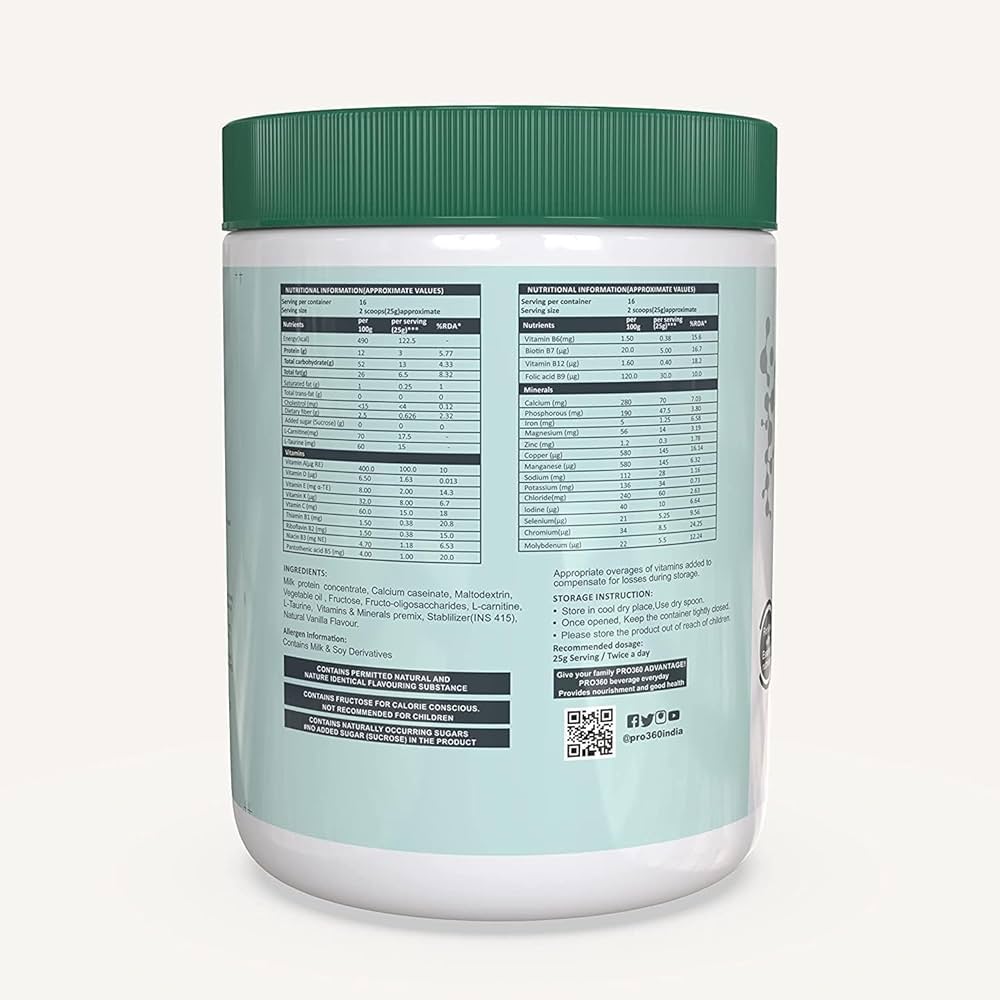
Understanding Whey Protein and Its Effects on the Kidneys
Whey protein is a common supplement choice. It comes from milk during cheese-making. Whey protein has high-quality protein. Yet, it may worry people who care for their kidney health. Whey is often linked to kidney strain. This is because animal proteins can cause kidney stones. Whey protein also has phosphorus. High levels of this may harm kidneys. For those with kidney disease, risks may be higher. It’s best to get advice from a dietitian or doctor.
Yet, not all studies agree. Some research shows that whey protein is safe for healthy people. It may not harm the kidneys if you do not have kidney disease. People without health issues can often handle more protein. But, too much may still be a risk.
Whey protein may boost workout results and help muscles recover. But, it’s key to not overdo it. A balanced diet matters more than supplements alone. Think about your overall health before you choose whey protein. Healthy adults can use whey, but keep an eye on how much. If you have kidney issues, talk to a health professional first. They can guide you on safe protein levels for your condition.
Benefits and Risks of Plant-Based Protein for Kidney Health
When we talk about plant-based protein, we point to sources like peas, hemp, and brown rice. These protein powder is safe for kidneys. They are lower in phosphorus and potassium. High levels of these may harm kidneys, especially in people with kidney disease.
Plant-based proteins can also reduce your risk of chronic kidney disease. They are a safer choice for those with kidney issues. Studies support the idea that plant proteins are good for your kidneys. In diets for kidney disease, plant proteins offer benefits over animal proteins.
But there are things to watch out for with plant-based proteins too. Have a doctor’s advice before using plant proteins if you have kidney disease. They can make sure it’s safe for your health.
Also, not all plant-based protein powders are the same. Read the labels and choose powders without harmful additives. Stick to those with simple, natural ingredients. This will help you avoid kidney strain and other health issues.
In short, plant-based proteins offer a kidney-safe option. They can reduce the risk of kidney problems if used right. Always check with health experts to make sure these proteins are good for you.
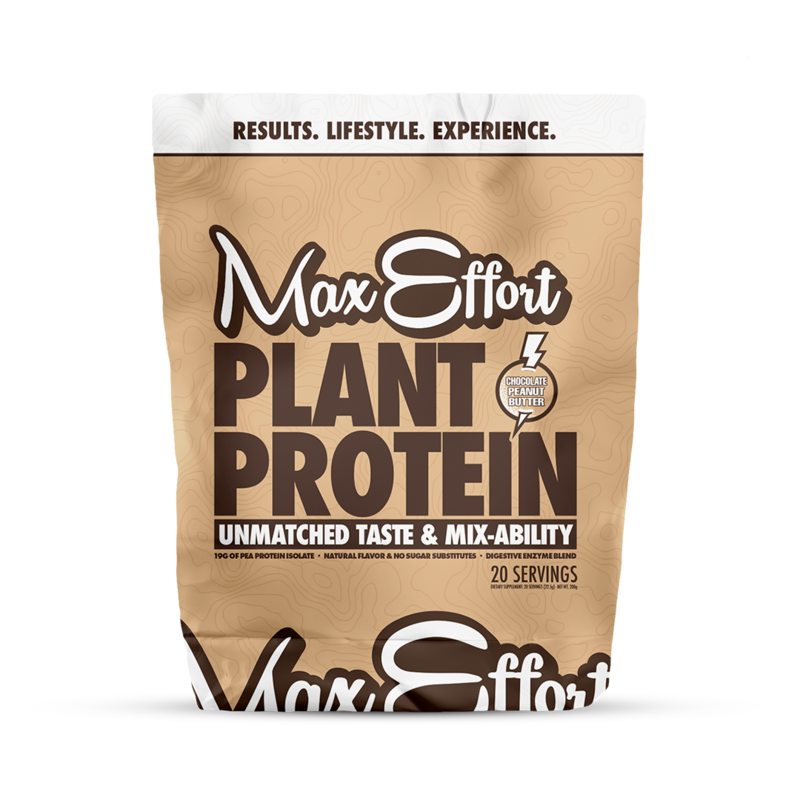
Recommended Protein Powders for Kidney Health
Choosing the right protein powder is key for maintaining kidney health. For those with kidney issues, or who simply want to be cautious, it’s best to opt for powders that are low in potentially harmful additives and are easier on the kidneys.
Here are some protein powder which is safe for kidneys:
- Plant-based proteins: Powders made from peas, rice, or hemp are typically lower in phosphorus and potassium, which is beneficial for kidney health.
- Whey protein isolate: This form of whey protein has less lactose and fat, making it a better option for those with kidney concerns than whey protein concentrates.
- Organic protein blends: These often combine various plant proteins and have minimal processing, which can be better for overall health and kidney safety.
- Unflavored and natural protein powders: Those without added sugars, artificial sweeteners, or flavorings are less likely to cause strain on the kidneys.
- Protein powders with a short ingredient list: The fewer ingredients, the lower the chance of consuming something that could be hard on the kidneys.
Remember, whether you choose whey or plant-based, the key is moderation and ensuring you have a well-balanced diet. If you have any kidney issues, consult with a healthcare provider before adding protein powders to your diet to ensure they are appropriate for your specific health needs.
How to Choose Kidney-Safe Protein Powders
Choosing a kidney-safe protein powder requires careful consideration of ingredients and understanding of one’s own health needs. Here’s a straightforward guide to help you make an informed choice:
Consider Protein Source
- Opt for plant-based proteins like pea, hemp, or brown rice, which are lower in kidney-stressing minerals.
Check for Additives
- Select powders without added sugars, artificial sweeteners, or excessive additives. Natural is best.
Understand Your Health
- If you have kidney issues, consult a healthcare professional before adding protein supplements.
Read Labels Carefully
- Look for products with a short ingredient list. Fewer ingredients usually mean fewer risks.
Go for Quality
- Choose organic and non-GMO powders where possible to avoid contaminants.
Moderate Your Intake
- Use protein powders as a supplement to, not a replacement for, a balanced diet.
By following these steps, you can find a protein powder that supports your kidney health and overall wellness goals. Remember, when in doubt, always seek the advice of a dietitian or doctor.
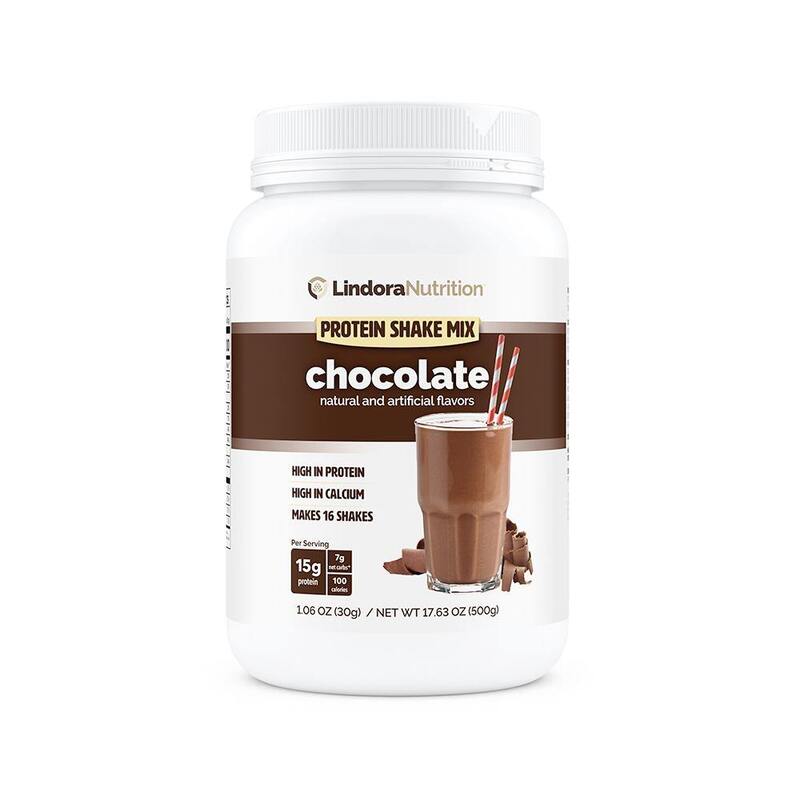
The Role of Diet in Managing Kidney Health
Your diet plays a critical role in maintaining kidney health. You can support your kidneys by selecting foods that minimize strain on these essential organs. It’s not just about which protein powder is safe for kidneys; your overall dietary pattern is fundamental. Here are some guidelines to promote kidney health through diet:
- Control Salt Intake: High salt levels can increase blood pressure, stressing kidneys.
- Stay Hydrated: Adequate water intake helps kidneys remove waste from your blood.
- Limit High-Phosphorus Foods: Excess phosphorus can harm kidneys, especially in those with kidney disease.
- Choose Lean Proteins: Opting for lean meat or plant-based sources can reduce kidney load.
- Consume Kidney-Friendly Foods: Berries, apples, peppers, and cauliflower are low in kidney-stressful nutrients.
- Avoid Processed Foods: These often contain additives and high levels of sodium and phosphorus.
Maintaining a balanced diet with these considerations helps protect kidney function. Remember to talk with a healthcare provider for personalized dietary advice, especially if you have preexisting kidney concerns. A healthcare professional can offer guidance tailored to your specific condition and nutritional needs.
Conclusion and Key Takeaways
In this blog, we’ve explored protein powders and kidney health. We’ve learned that not all protein powders are equal in their effects on the kidneys. Whey protein may be suitable for healthy adults, yet those with kidney concerns should proceed with caution due to its potential to strain these organs. Plant-based proteins, like pea and hemp protein, are generally seen as safer for the kidneys, particularly for people with kidney disease or those who wish to prevent it.
Key takeaways include the importance of consulting healthcare providers before changing your diet or adding supplements, especially for individuals with kidney issues. When choosing a protein powder, opt for those with minimal additives and consider plant-based options if you have kidney concerns. Most importantly, prioritize a balanced diet that supports kidney health, including controlling salt intake, staying hydrated, and choosing lean proteins.
Remember, protein supplements should complement your diet, not replace it. Your overall dietary pattern is essential for supporting kidney function and maintaining optimal health. By considering our dietary choices carefully, we can support our kidneys and overall well-being.


